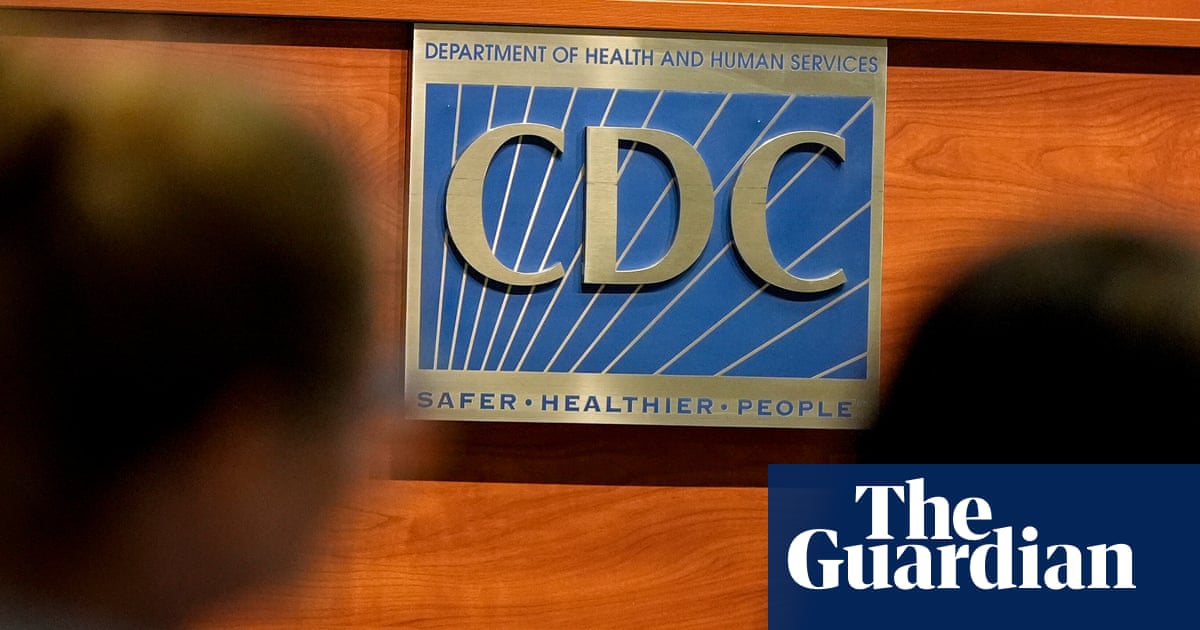Some Oregonians — including older residents and those with health conditions — who have tried to get the latest COVID-19 vaccine at a local pharmacy are being told they need a prescription.
Why the sudden change? It’s the result of delayed approvals from a federal advisory council and longstanding state policies that defer to the feds on vaccine approval.
The Food & Drug Administration recently authorized updated COVID-19 vaccines, but only for adults over 65 and those younger with certain health conditions.
That left vast uncertainty over whether healthy younger adults and children will be able to get the vaccine.
But in any case, the FDA doesn’t provide formal vaccine guidance to the nation’s health professionals — that’s left to the Centers for Disease Control and Prevention’s vaccine advisory committee.
The CDC’s advisory committee’s process was interrupted this year after Health and Human Services Secretary Robert F. Kennedy Jr. dismissed the entire committee, and replacements appointed by Kennedy have yet to make recommendations on the new COVID-19 vaccines.
Meanwhile, the Trump administration removed CDC Director Susan Monarez following disputes over vaccine policy. Several of the agency’s top leaders resigned soon after.
The vacuum of guidance has left questions on who can get vaccinated, whether insurance will pay and how pharmacies can legally administer the new shots without federal backing.
Most people get their COVID-19 vaccines at their local pharmacies, according to the CDC.
But under Oregon law, pharmacists are only allowed to administer vaccines included in state protocols set by the Board of Pharmacy, which typically align with CDC immunization recommendations.
Jonathan Modie, a spokesperson for the Oregon health Authority, said that if a vaccine is not covered by those protocols, “pharmacists can still give it when there’s a valid prescription or order from a clinician.”
Because the CDC has not yet updated its guidance, the new COVID-19 vaccines are not part of Oregon’s pharmacy protocols. That means pharmacists can’t offer the shots without a prescription or clinician’s order — even to people who meet the FDA’s eligibility criteria.
Pharmacists could also face legal risk. During the pandemic, federal emergency declarations shielded pharmacists from lawsuits for administering COVID-19 vaccines. Those protections only apply to vaccines endorsed by the CDC’s advisory committee.
Another unanswered question: Who will pay for the shots? Private insurers and Medicaid are not required to pay for preventive vaccines unless they are recommended by the CDC’s advisory committee.
— Kristine de Leon is a reporter for The Oregonian/OregonLive focusing on consumer health and data enterprise stories. Contact her at kdeleon@oregonian.com.
If you purchase a product or register for an account through a link on our site, we may receive compensation. By using this site, you consent to our User Agreement and agree that your clicks, interactions, and personal information may be collected, recorded, and/or stored by us and social media and other third-party partners in accordance with our Privacy Policy.
Source link

